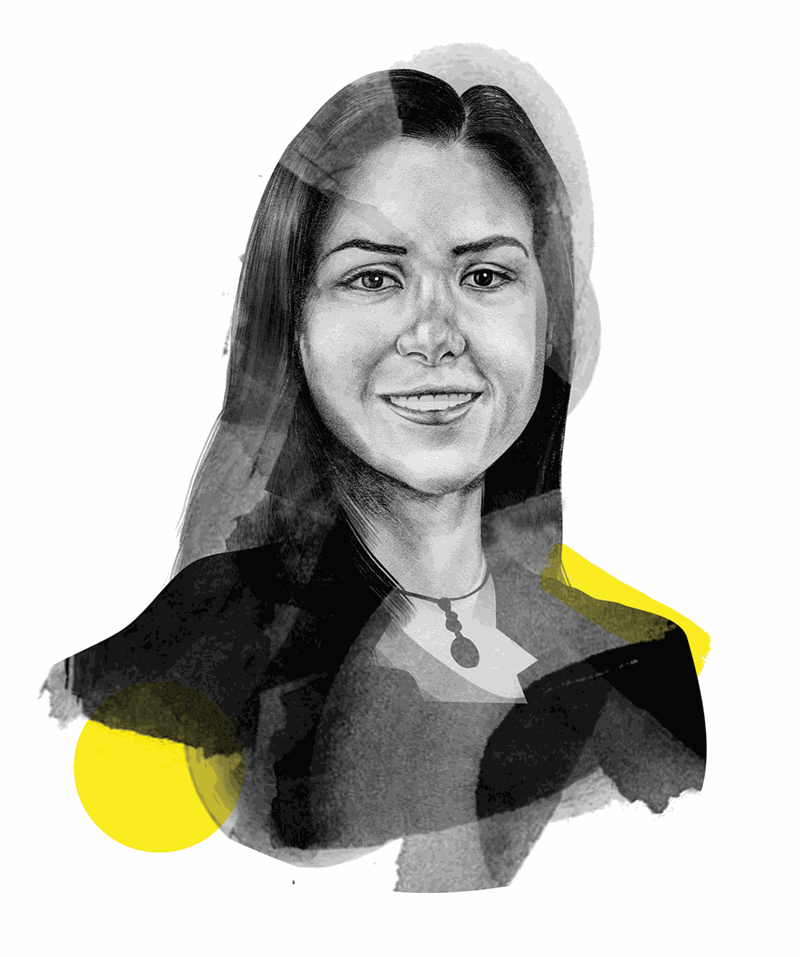Fridays at Amal mean one thing: couscous. Great, steaming vats of it, which are soaked for two hours by the restaurant’s team of trained women chefs, before being infused with traditional Moroccan spices.
“We always have double the number of customers on Fridays,” says Nora Fitzgerald Belahcen, founder of the Marrakesh-based restaurant and social enterprise. “Fewer people are taking the time to make couscous at home these days, so I feel like it’s a way of keeping the tradition alive.”
The goal of Amal, a bright, airy café in the city’s Gueliz district, goes beyond just keeping local cuisine on the menu. The restaurant doubles as a training institute designed to help Marrakesh’s poor, socially stigmatised women gain industry skills, a job and an income.
Against a backdrop of growing women’s rights – new laws forbidding forced marriage, sexual harassment and violence against women took effect in Morocco in 2018 – Amal has seen more than 200 women pass through its six-month training programme, with 80 per cent moving on to full-time positions, either within Amal, or other outlets. The customers that throng Amal’s tables are not only buying a meal, they are also helping a push for social change.
“The bottom line is that the food is very good, and reasonably priced,” says Belahcen, who was born in Morocco to American parents. “At the same time, customers feel the spirit of the place. It's beyond merely eating a meal. They come to support and honour the women on their journey.”
Such has been the success of Amal’s restaurant, which serves local and international dishes to around 80 customers a day (it consistently rates in the top three restaurants in Marrakesh on Tripadvisor), that the social enterprise has expanded to include a catering company. Opened in 2016, the operation serves 100 to 150 school lunches per day, as well as catering several large events a month – including the high-profile opening of the Yves Saint Laurent museum in the city.
Cooking classes for tourists also help to bolster revenue, and contribute towards an overall monthly turnover of around $25,000 – of which, says Belahcen, five to 10 per cent is net profit.
Amal’s trainees include single mothers, divorcees, widows and orphans – many of whom have been shunned by their families and Moroccan society – as well as women who have not had access to education and live in poverty.
The latter group includes the many Moroccan women who were sent as children from rural areas to the cities, to work as maids in the homes of upper-middle class families. Known as ‘little maids’, they were farmed out by their families in exchange for a small monthly wage, trading their childhood for 14 to 18-hour working days, with no access to education. “It was a kind of indentured servitude,” says Belahcen.
In 2009, there were between 60,000 and 80,000 girls aged between seven and 14 employed as maids in Morocco, according to INSAF, a Morocco-based NGO that has been instrumental in all but ending the practice. Legislation curbing the use of child labour has helped, but its legacy lingers.
“These women missed out on their entire education,” she says. “They’re the sacrificed generation. It’s not like they messed up and are getting a second chance. They were never given a first chance.”









